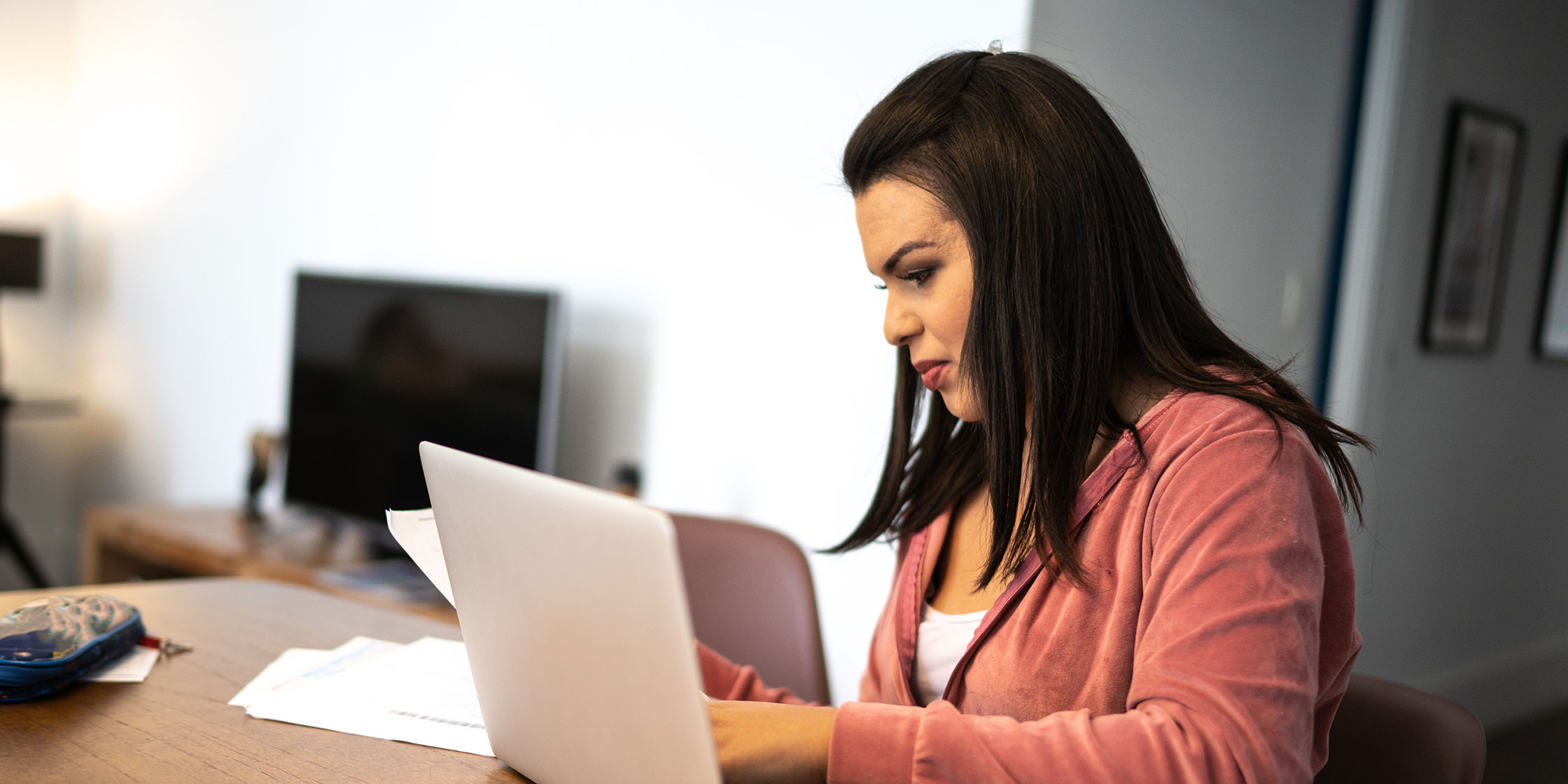When is the best time to pay your credit card bill?
Is it better to pay off your credit card on or before the due date? Learn what paying at different times could mean for you.
Your credit card agreement says to pay your bill by the due date every month. But what happens if you want to pay before the due date? Or would rather pay twice a month?
There isn’t really a one-size-fits-all answer for when you should pay your credit card bill. You actually have a bit of flexibility: You might be able to change your due date to make it more convenient, make several smaller payments throughout the month or pay sooner than the due date. Read on to find out how each option could work for you.
How to know when to pay your credit card
Credit cards usually have a billing cycle of about a month. At the end of each cycle, your issuer sends you a statement that shows your account activity, the minimum payment that’s due and the due date. The due date is the date you’re asked to make a payment by.
Paying on time helps you keep your account in good standing and avoid a late fee. It’s also good for your credit scores. Or you can pay earlier, if you prefer.
Paying your credit card early
There’s no need to wait for your due date if you want to pay your credit card early. Today’s online banking and mobile apps make it easier than ever to check your balance or make a payment anytime. And there are some extra benefits you might enjoy if you pay your bill early.
How paying your credit card early affects your credit scores
Your credit card balance is part of what your card issuer often reports to the three major credit bureaus—Equifax®, Experian® and TransUnion®—at the end of every billing cycle. It’s used to calculate your credit utilization—that’s the total percentage of available credit you’re using. Credit utilization is an important factor that affects your credit scores provided by companies like FICO® and VantageScore®.
The timing of your card issuer’s report to the credit bureaus may vary by issuer. But if you can make a payment before the end of a billing cycle, you could reduce the balance on your account for that billing cycle. Depending on timing, you could even reduce the amount that’s reported to the credit bureaus. That means your credit utilization may be lower, too. And that could be beneficial to your scores.
How paying your credit card early affects your interest
Issuers typically calculate interest based on your card’s applicable annual percentage rates and the balances you carry on your card from month to month. Paying earlier or more than once a month may help reduce interest charges if you’re carrying a balance and not paying your full balance off each month. In fact, every little bit you’re able to pay toward a balance you’re carrying can help you chip away at what you owe.
Making multiple credit card payments
The Consumer Financial Protection Bureau (CFPB) says paying your balance in full every billing cycle is best for your credit scores. It also helps you avoid interest. But if you can’t pay your balance in full, the CFPB recommends paying as much as possible.
One way to do this is by making multiple smaller payments throughout your credit card’s billing cycle. Doing this could benefit you in several ways:
- You won’t be hit by a large withdrawal all at once. Spreading out payments can make it easier on your wallet.
- You could reduce or eliminate your interest charges. You’ll generally pay less interest on a smaller balance. And if you pay more often, you’ll reduce your balance more often. Or if you pay your purchase balance in full, you’ll avoid interest altogether.
- It could help you keep your credit utilization at the recommended level. Making multiple payments in a month could lower your credit utilization more often. For a good credit score, experts recommend keeping your credit utilization below 30%.
Tools you can use
To some extent, when and how you pay your credit card depend on your personal situation and what works best for you. But if your credit card issuer offers a mobile app or an intelligent assistant, it could provide some extra help.
For example, the Capital One Mobile app lets you keep track of your account from anywhere, anytime. You can pay your bill or view your balance and transactions.* You can ask Eno, your intelligent assistant from Capital One, to share your current Capital One account balances or help make sure you always know when your payments are due. You can set up Capital One AutoPay to ensure you don’t miss a payment. You might even be able to change your payment due date if the timing isn’t working for you.
And if you find yourself unable to pay your credit card bill, don’t panic. Credit card companies work every day with customers who can’t pay their bills. Contact your lender to find out if they have resources to help.


